
We live in a world that is in constant communication, sometimes, so much so that we might feel overwhelmed. Various instant communication channels, messages attractions and distraction, shape the world in which we live now. Its great, on one way! It has never been so easy to communicate across the world to whomever. At the click of a button, we can have a friend supporting us on a emotional crisis, the Internet answering a question, a family member sending us money in a situation of emergency … But it can be seen as well as too much noise. That noise can be overwhelming, and actually, hampering the way for a deeper communication. What are then the skills we need to develop to bring our communication to a deeper level, which doesn’t feel overwhelming ?
Values
What are the values that rule your life ? And do you communicate according to those values ? To review what are our values and seek that these are properly translated in the way you communicate, the words you use, your body language, your expression, is key, to bring your communication to a new level of depth. As wonderful Italian filmmaker Federico Fellini once said: “A different language is a different vision of life.”
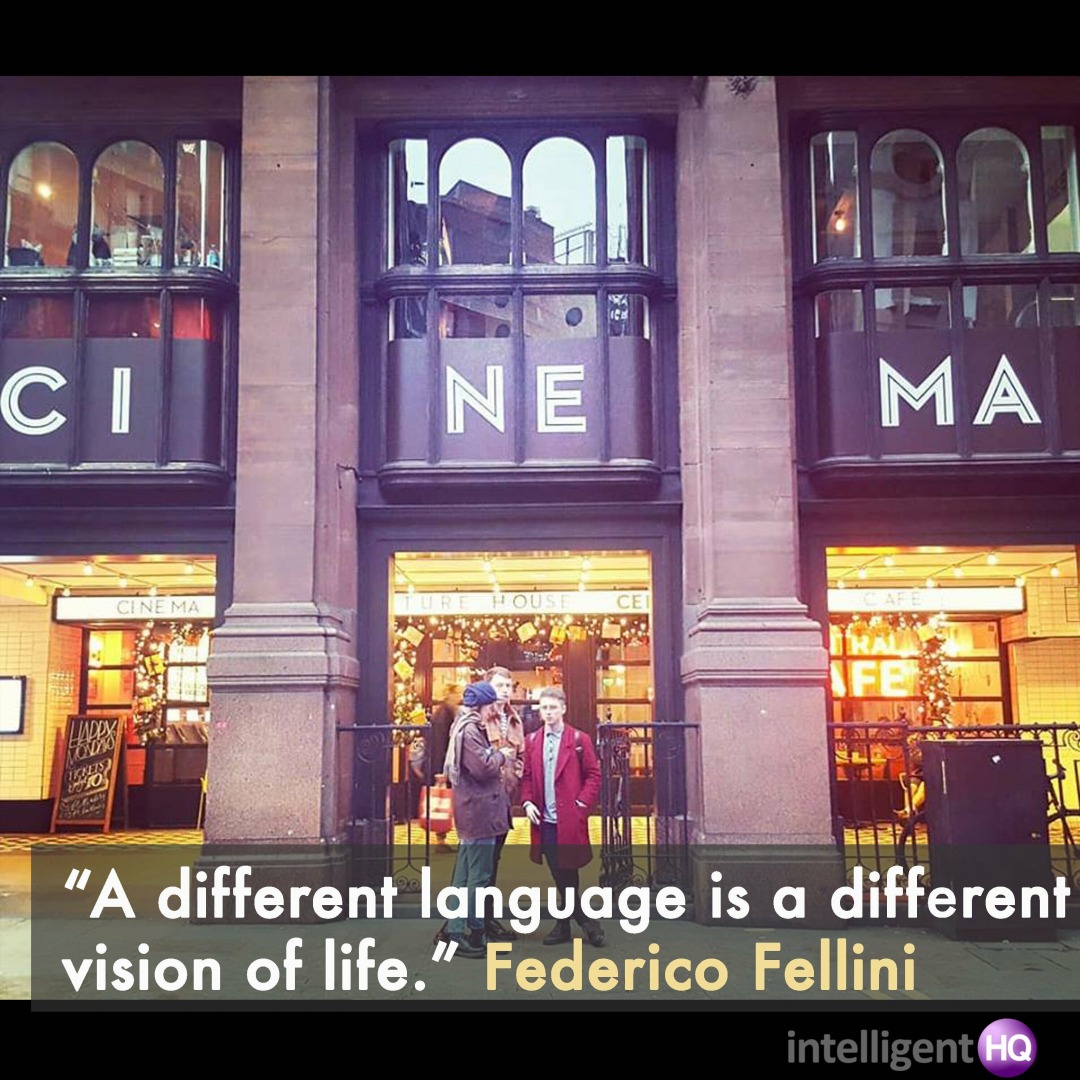
Trust
Communication implies relationship, relating to others, so trust is one of its key values, as it sets up the foundation for evolution and growth in the relationship. Trust fosters safety, connection and willingness to go on the whole road until the end. As Vanessa Lachey says: “Trust is the most important part of a relationship, closely followed by communication. I think that if you have those two things, everything else falls into place – your affection, your emotional connection. “
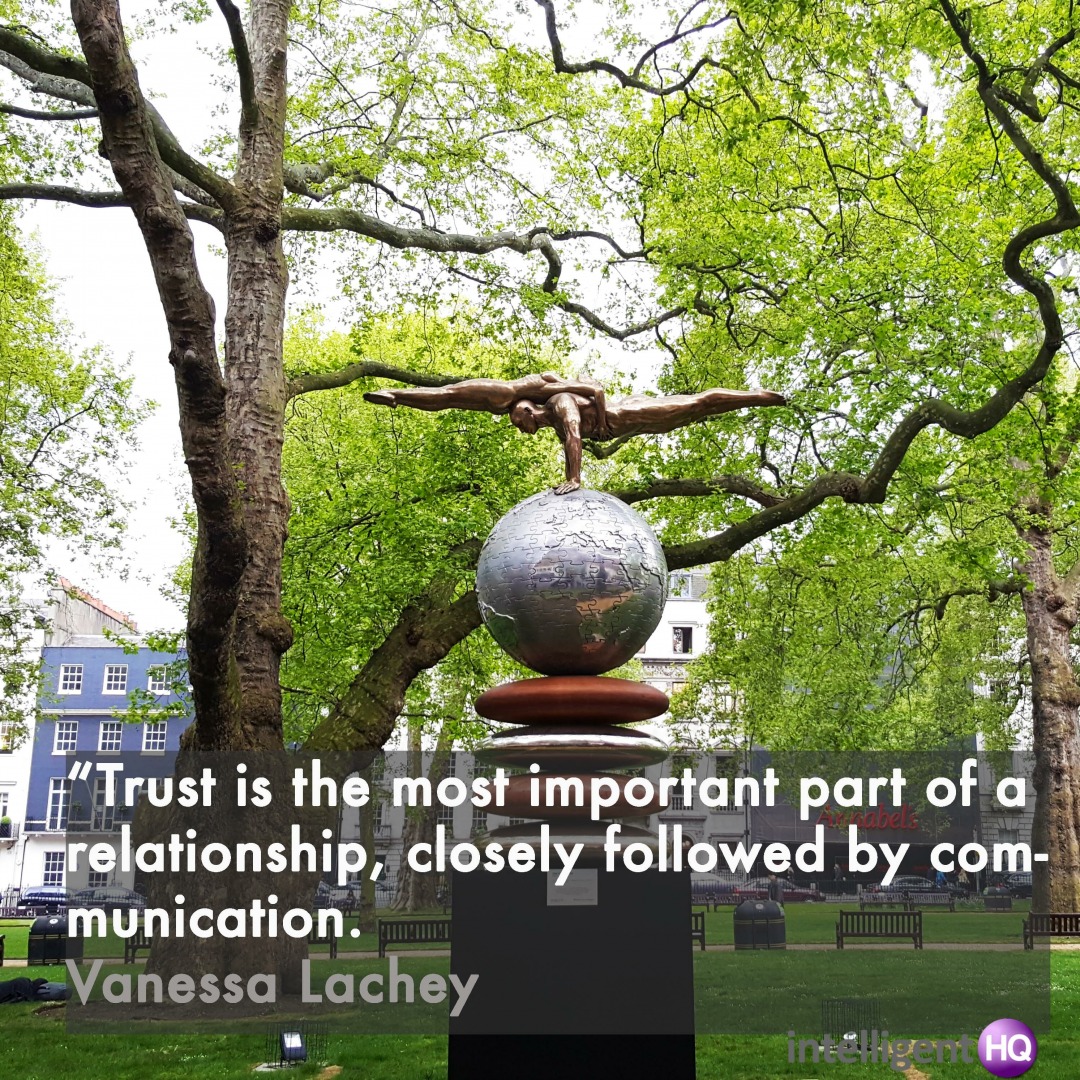
Community
Communication and Community hold the same etymological origin, which is “commune”. Communication builds and grows community, the profound feeling of belonging, shared by a group of people bond together, sharing responsibilities. And community is also planet earth, for us, the humans living on it. For a healthier community is important to develop great communication, with profound care on the words we use. As Rollo May says: “Communication leads to community, that is, to understanding, intimacy and mutual valuing.”
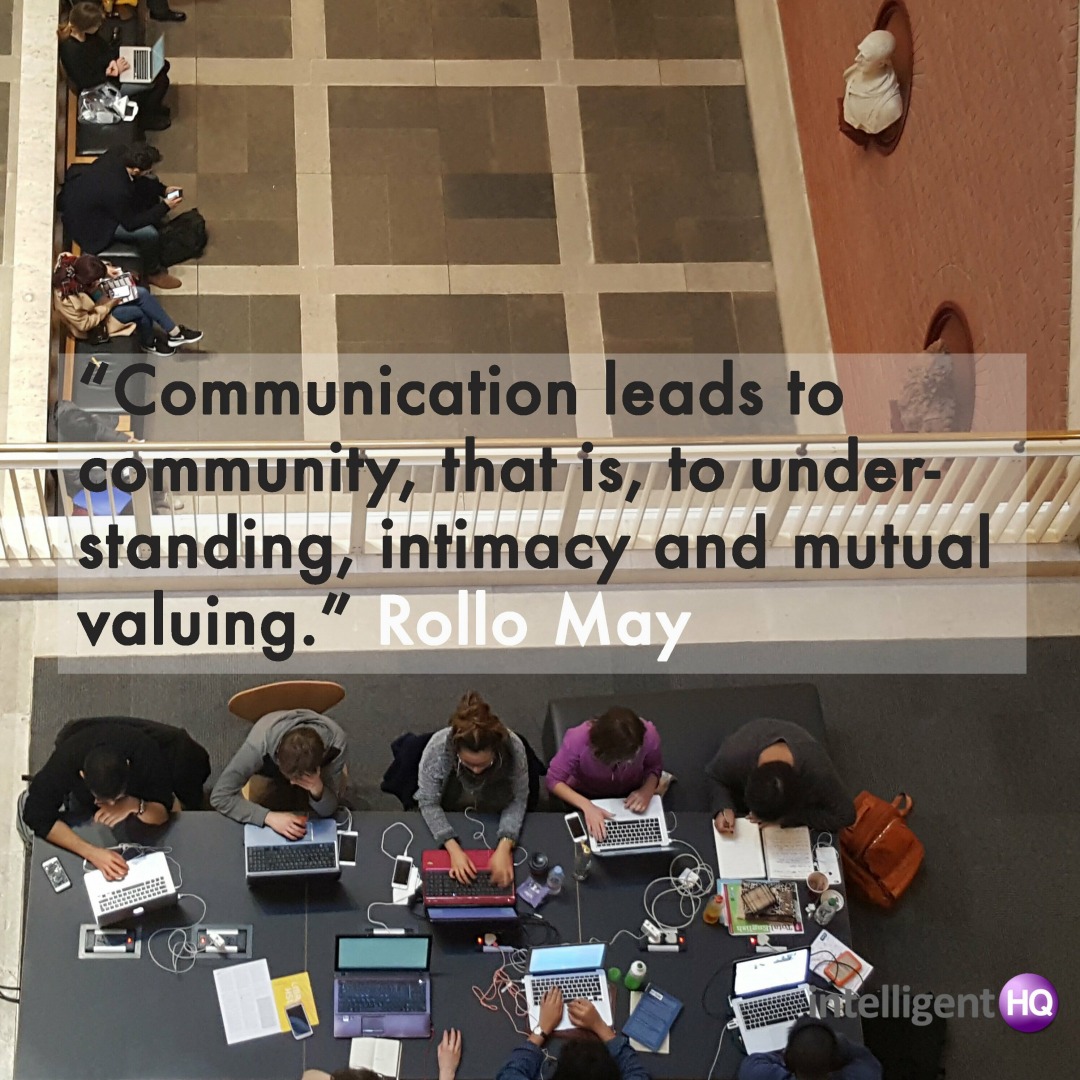
Speaking from the heart
Long are the days when it was seen that speaking from the heart would lead to sensitive emotional thinking, not appropriate for the world of reason in which we leave. Actually to connect mind with the heart is absolutely key nowadays. And it is perfect for an eloquent and deeper communication. As Blaise Pascal writes, “Eloquence is a painting of the thoughts.”
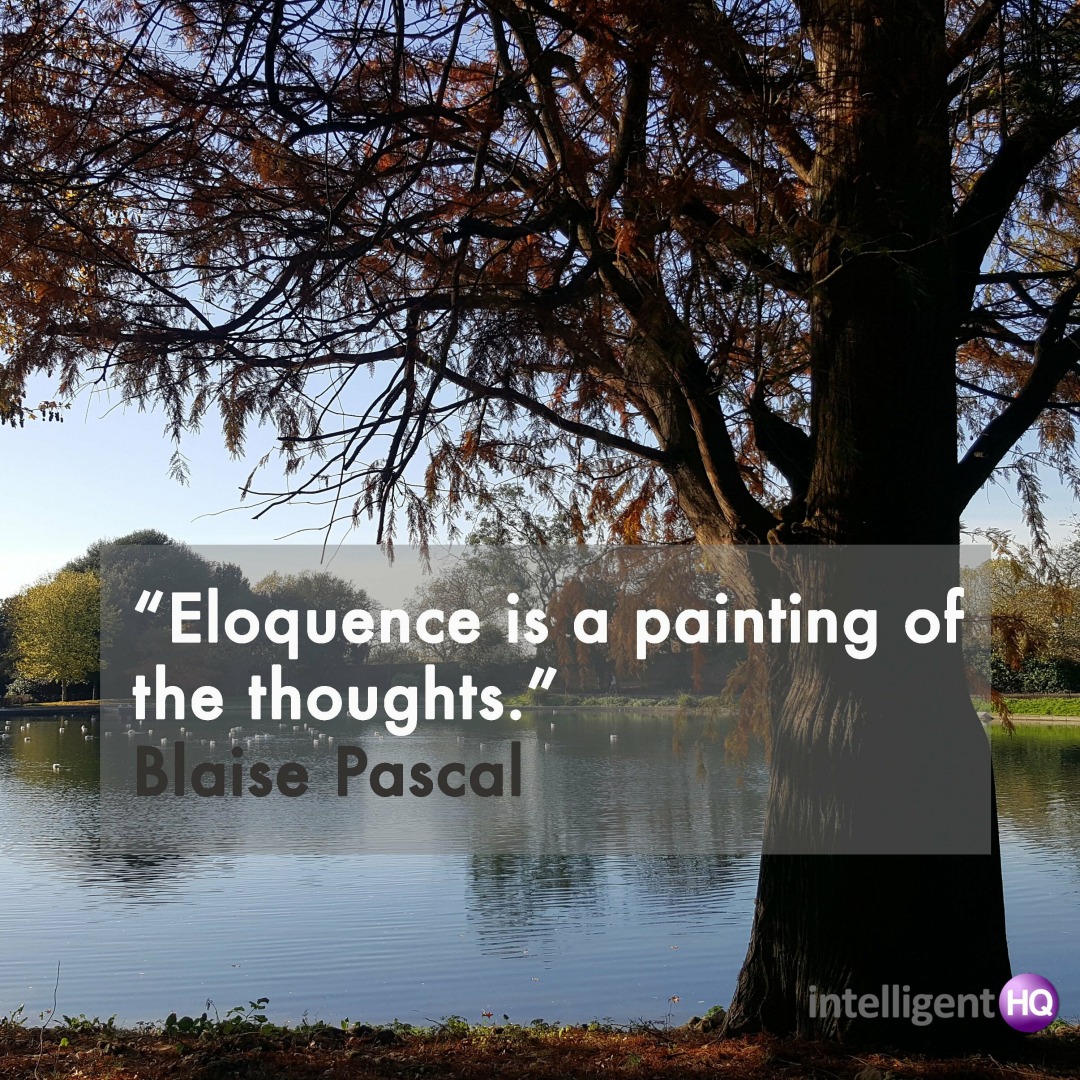
Listening
In the hectic world in which we live, we are overwhelmed by words, images, selfies, in a nutshell noise… Plato did warn us how “Wise men speak because they have something to say; Fools because they have to say something.” Plato. How to develop the capacity to truly communicate using words that do not add to the noise. By learning how to listen! Think twice before you speak, particularly by really and deeply listening to what others have to say… As Epictetus wrote, a long time ago… “We have two ears and one mouth so that we can listen twice as much as we speak.”
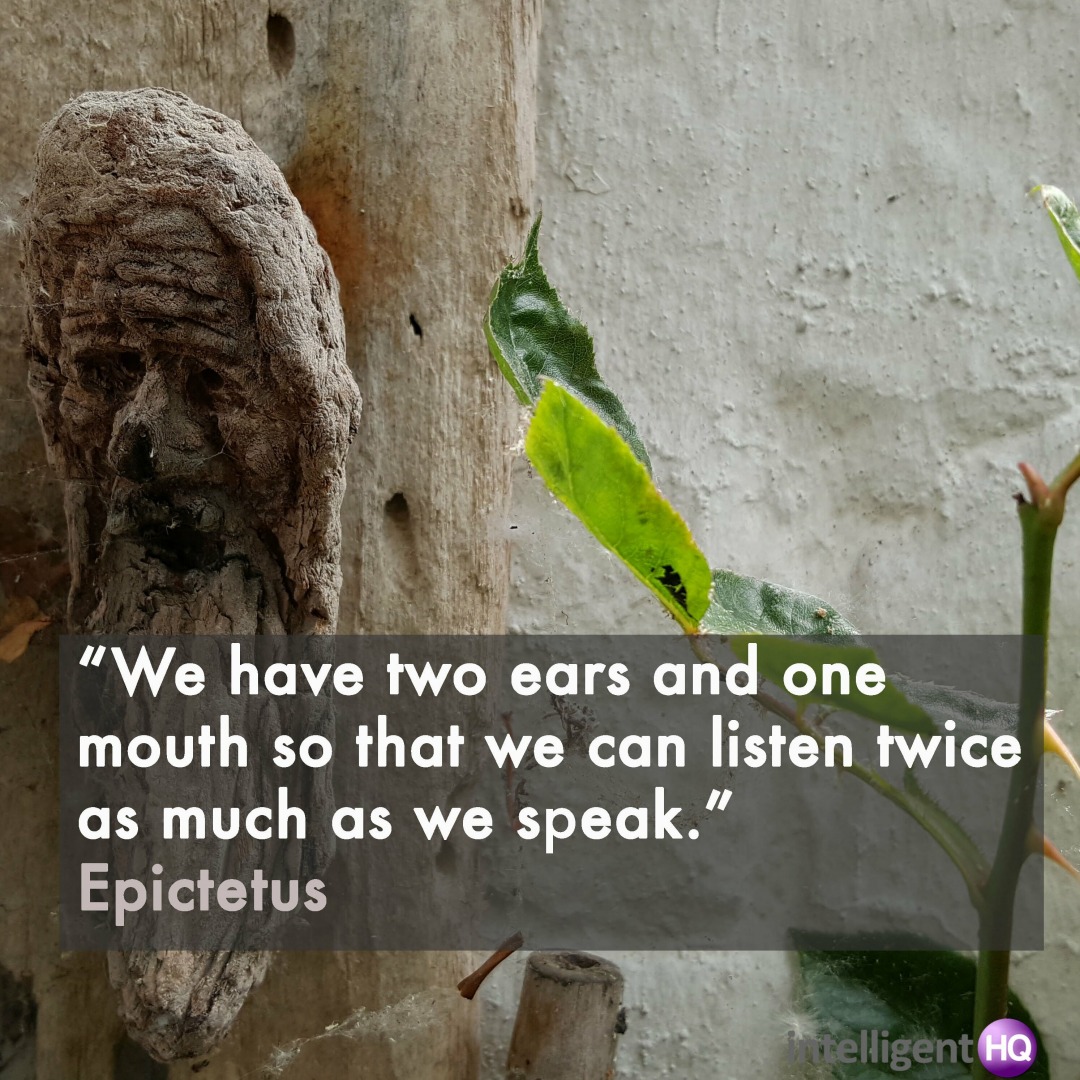
Waiting For the Right Moment To Speak
To know when to speak, so your words will be heard, acknowledged, understood, is as important as the words you use. What is the right moment to tune in into a conversation? Again, the answer lies on listening… not only to what others are saying but to your profound intuition, given to you by your higher self. “There is only one rule for being a good talker – learn to listen.” says Christopher Morley. If you listen, pause and take in what you just heard, you will know when to speak at the right moment.
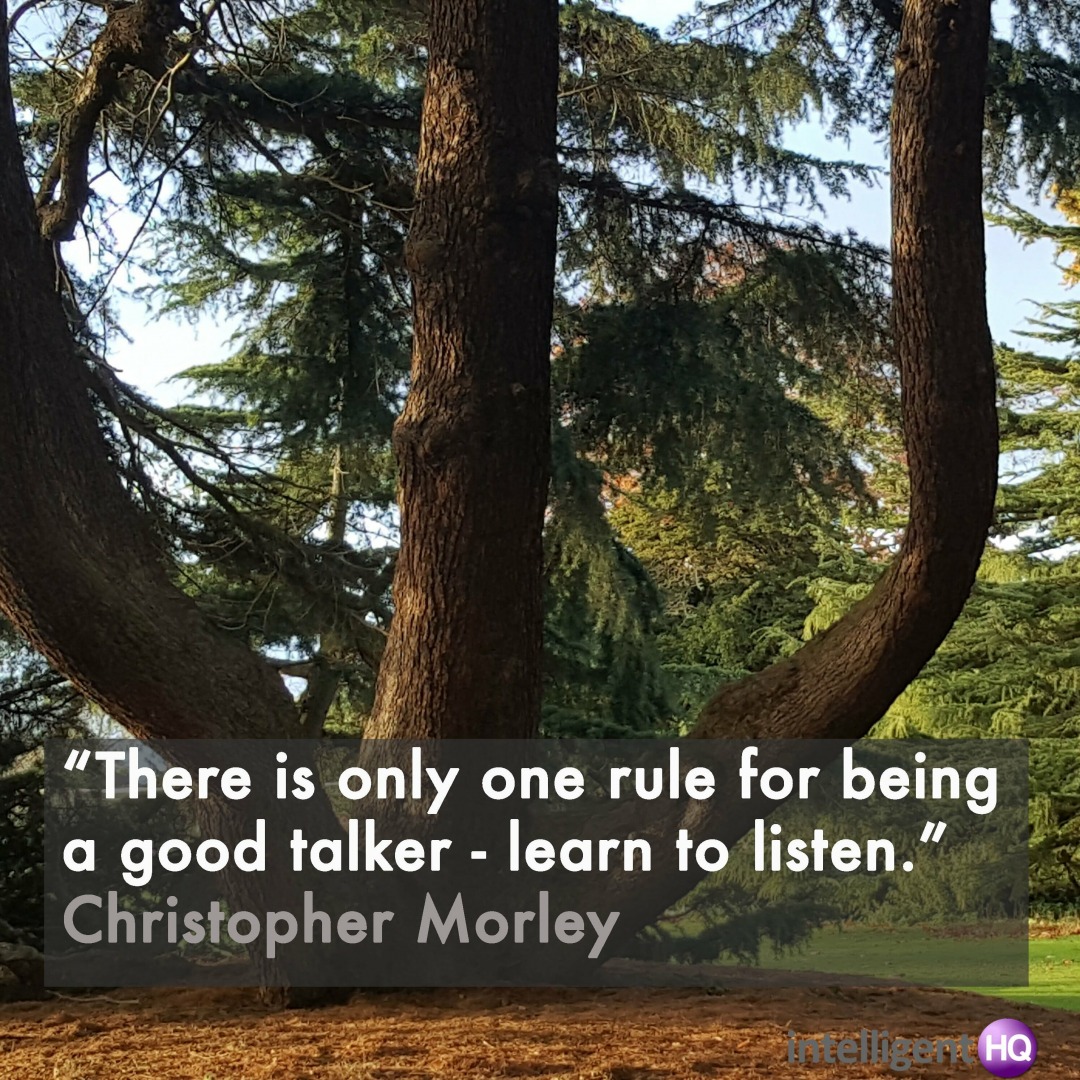
Truth
Perhaps the most important thing of all, when speaking to others, is truth. Are you speaking (and living your truth? If there is real alignment with your truth, in your acts and words, the need for values and key bullet points, for a proper communication, just drop. You are aligned. You communicate in such a way you speak your truth. And even if your truth is not beautiful persuasive words of praise, it will still make a positive impact in the person you are communicating with. “Truthful words are not beautiful; beautiful words are not truthful. Good words are not persuasive; persuasive words are not good.”
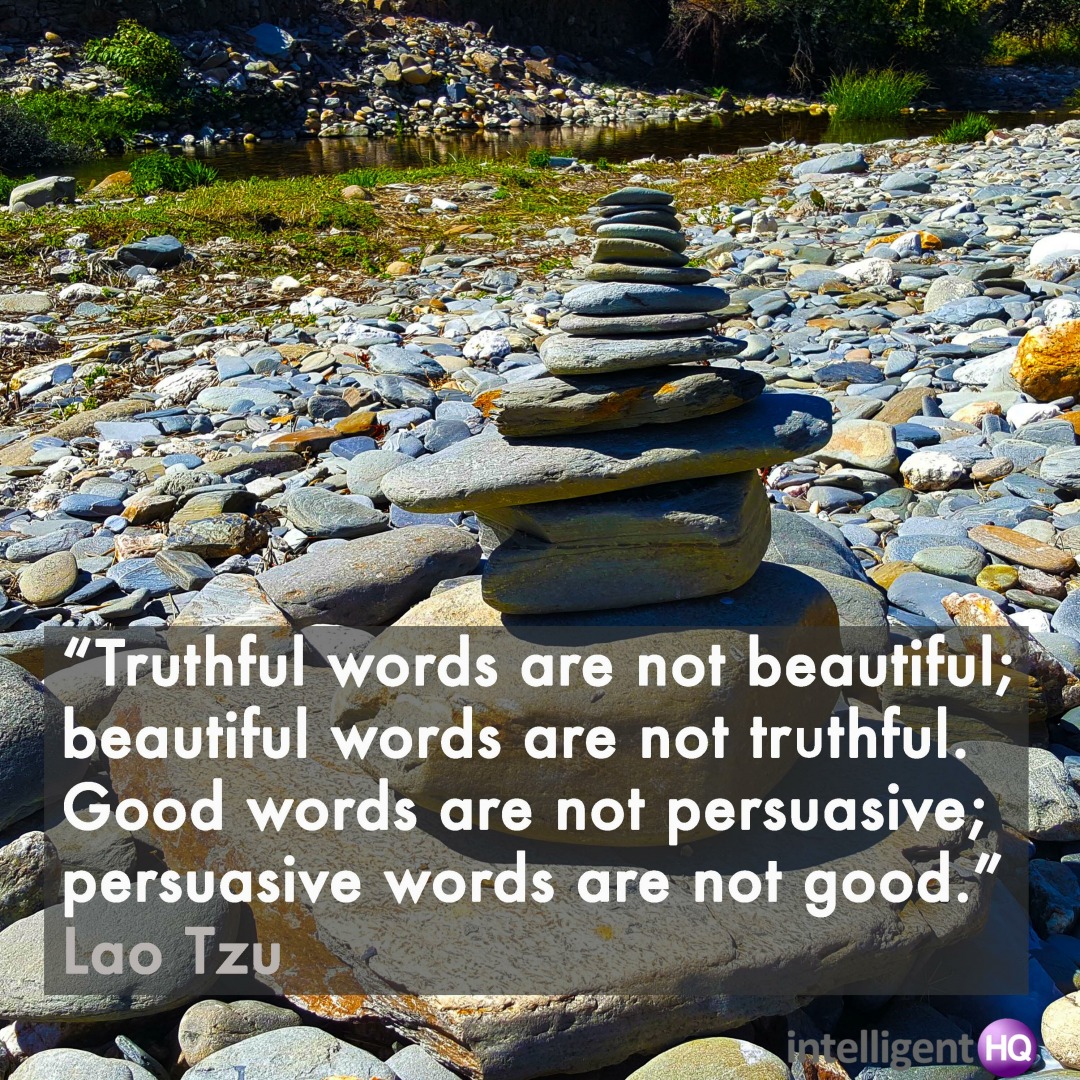
Never forget that words are beings. They are alive. We need to use them carefully, and maybe even a bit sparsely, in order for a deeper communication with others.

Maria Fonseca is the Editor and Infographic Artist for IntelligentHQ. She is also a thought leader writing about social innovation, sharing economy, social business, and the commons. Aside her work for IntelligentHQ, Maria Fonseca is a visual artist and filmmaker that has exhibited widely in international events such as Manifesta 5, Sao Paulo Biennial, Photo Espana, Moderna Museet in Stockholm, Joshibi University and many others. She concluded her PhD on essayistic filmmaking , taken at University of Westminster in London and is preparing her post doc that will explore the links between creativity and the sharing economy.












